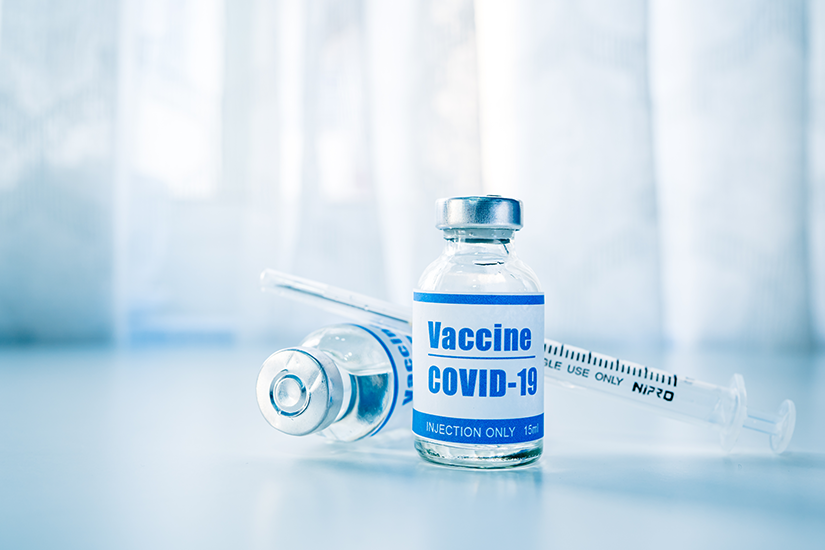- Emergency Ambulance Services
- 8606811111
- 0471-4077777, 0471-7177888
- gro@sutpattom.com
Understanding Your Child’s Early Development
Dr. Kristin Indumathi, Senior Consultant, Department of Neonatology, SUT Hospital, Pattom, Trivandrum
Development is the process by which children attain multiple skills necessary for growing up. Development occurs simultaneously in various areas or domains. Gross motor skills are related to movement and posture (sitting, standing, walking, etc.) Fine motor skills involve precision movements and eye-hand coordination, using small muscles of the hands and eyes. Social skills include interaction with others, interpersonal relationships, feeling and understanding, empathy, and control of emotions. Communication skills include to-and-fro interaction with others, verbally or nonverbally (gestures). Cognitive or intellectual skills are related to learning and understanding (concepts of numbers, colors, letters, and problem-solving).
A child’s development begins in their mother’s womb and continues throughout life. Most brain development occurs during the period from conception until 2 years of age, in other words, during the first 1,000 days of life. In the first 3 years of life, a lot of skills are acquired by your child. This is referred to as early childhood development.
By the time a baby is born, all the neurons are formed in the brain for the rest of the child’s life, and by the age of two years, massive numbers of neuronal connections are made. They are later trimmed based on their frequency of usage. An optimal environment for your child will support their brain development, while an adverse environment harms development both in the short and long term. Brain development is dependent not only on the child’s genetic constitution but also on his/her health status, nutrition and most importantly, his environmental stimulation. Learning any skill is based on experiences and the environment. A good environment stimulates their brain development and helps in the better acquisition of skills.
Adversity associated with extreme poverty may lead to diminished care. Relentless adversity, without opportunities for compensation or recovery, affects the psychological and neurological development of a child.
Factors affecting pregnancy, childbirth, and later childcare may affect development. During pregnancy, poor weight gain, nutritional deficiencies, illnesses such as high blood pressure, diabetes, bleeding, infection, stress, injury can affect a baby’s development. Good antenatal care and nutrition with early treatment of complications are crucial in ensuring a healthy baby. Supervised hospital delivery with adequate baby-care facilities will ensure safety for the baby.
The baby is most vulnerable during the initial few days after birth. All babies need to be breastfed, kept warm and safe in a clean room with adequate stimulation. Premature and very small babies need special care. Babies with breathing difficulty, infections, jaundice, convulsions or otherwise very sick require intensive care in the hospital. All of these may impact the growing brain and present as delayed milestones.
Many factors influence brain development, and they need to be addressed simultaneously for best results. Parents have a great influence on the child’s development. This includes measures that help young children to survive (reduce mortality), thrive (be healthy), transform (be exposed to an enabling environment), and attain one’s expected human potential.
Global paediatric experts have come up with the “Nurturing Care Framework” with five interlinked components. Parents can work on each of the five components:

It has been found that providing the right nurturing care can reduce the negative impact of existing adversities. If you can provide your child with a secure, loving, and nurturing environment, the little one will bloom to their fullest potential.
Parents should report their concerns of their children to their paediatrician who can screen them for developmental delay and other problems. They can perform various tests to understand the early developmental stages of your child. Analyzing the results, the paediatrician can provide the best medical intervention. He/she will refer you to a developmental specialist (Developmental Paediatrician, Child development therapists, Speech Therapist, Psychologist, and Special Educators) to help your child grow better.









